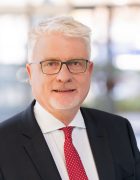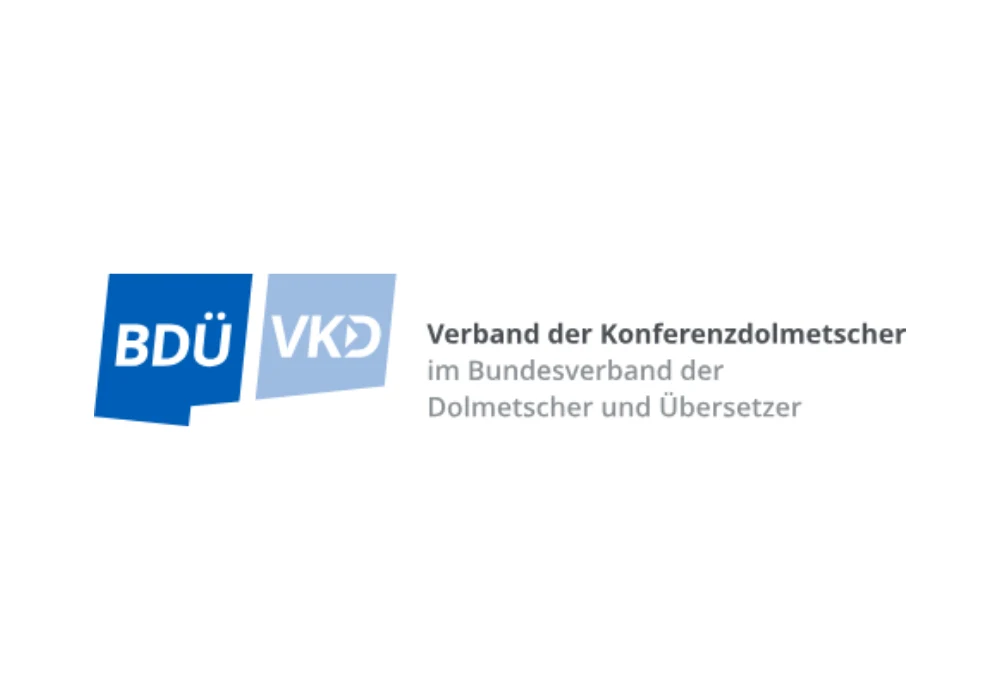Hospital Reform: Clinic Management Demands Significant Changes
The topics discussed at the 66th Annual Conference of the Association of German Hospital Directors (VKD) in Osnabrück on June 25th and 26th were of high importance, engaging the roughly 130 participants. The primary topic was the potential impacts of the proposed major hospital reform on their facilities and the overall healthcare landscape.
In his address, the outgoing VKD President Dr. Josef Düllings pointed out the substantial criticism from practitioners towards the draft bill, which had been announced as a revolution by the Federal Health Minister. He stated, "The significant objections from practitioners, associations, states, and health insurance funds seem to be ignored by Prof. Karl Lauterbach. After all the critical assessments, constructive suggestions, and arguments, nothing seems to have happened. The statement made by the Association of Hospital Directors still stands today. The conclusion remains: This law, in its current form, is not suitable to achieve the proclaimed goal."
The participants unanimously agreed that a reform is urgently needed. However, if the criticism from practitioners and states continues to be ignored, this reform will lead to the dismantling of the most crucial healthcare structures and overall healthcare provision, with significant repercussions in other areas as well.
During the panel discussion titled "The Future of Healthcare Provision," the moderator and VKD spokesperson Dr. Falko Milski immediately challenged the six participants with the question of whether the current draft bill for the planned hospital reform could truly improve clinical care. Lower Saxony’s Health Minister, Dr. Andreas Philippi, clarified that this goal would only be achieved if the demands of the federal states were largely considered. "We will not settle for anything less than the best possible compromise," he stated assertively. He also pointed out that the hospital sector needs quick assistance in the form of a surcharge to the state base case value to survive until the reform takes effect.
Dr. Gerald Gaß, Chairman of the German Hospital Federation (DKG), noted that alongside de-economisation and securing care provision, reducing bureaucracy is a goal of Lauterbach’s reform. However, the draft bill shows little approach to this. On the contrary, a significant increase in bureaucracy is to be expected. Additionally, penalties for failing to meet clinic reporting obligations are to be increasingly stringent.
Dr. Michael A. Weber, President of the Association of Leading Hospital Doctors, made it clear that the recently published Federal Hospital Atlas from the Federal Ministry of Health is riddled with errors, which the new version has not corrected. Similar to this project, the hospital reform will also fail unless practice is more involved. VKD President Dr. Josef Düllings confirmed that this has been a demand from the VKD since the "revolution" was introduced.
Even university hospitals do not see themselves as beneficiaries of the reform. Prof. Dr. Werner, Medical Director and CEO of University Medicine Essen, admitted when questioned by moderator Dr. Milski that his maximum care facility currently does not have sufficient capacity to meet future centralisation and outpatient requirements without preparation.
Professor Dr. Julia Oswald from Osnabrück University finds the promised accompanying research entirely inadequate. Given that the impact analyses conducted so far have hardly played a role in the process, significant negative consequences are expected if the structural law is implemented as is.
Participants raised further unresolved issues, such as future funding allocation for infrastructure for outpatient services or the minimum staffing levels for certain medical specialties, such as cardiology.
Overall, it was agreed that during the now-begun parliamentary process, the flaws in the law must be addressed to the members of the Bundestag with concrete examples of the impacts in their constituencies, especially with next year’s elections in mind, to hold them more accountable.
The law is set to be pushed through the Bundestag at top speed to come into effect in 2024. However, the first reading in the Bundestag shortly after the VKD conference did not inspire much hope for a shift in stance from the Federal Health Minister and the coalition parties. Hospital management’s hopes now rest on the MPs who ultimately have to justify their decisions to their constituents.
Following the panel discussion on the future of healthcare provision, there was a presentation comparing the federal hospital reform with hospital planning in North Rhine-Westphalia. Updates were also provided on current developments regarding the draft bill, as illustrated in the Vebeto study. The consequences of the reform on psychiatric care were also discussed, as well as a lawsuit from the district hospital Groß-Gerau against the Federal Ministry of Health over inadequate hospital funding.
In the afternoon of the first day of the conference, the 107th General Assembly of the VKD took place, including the election of a new executive board. Dirk Köcher was elected as the new president. He is the commercial director and manager of the Municipal Hospital Dresden and chair of the VKD regional group Central Germany.
Dr. Josef Düllings, who had been president of the association for over 12 years, did not stand for re-election. In his farewell speech, he emphasised, "My aim has always been to argue critically and constructively from a practical perspective in politics and the public and to advocate for our positions." The association can take credit for often being the first to raise issues from hospital practice and also make suggestions. "And we have, which is very important, always placed our patients at the centre of our association work. It was always primarily about them." The outgoing president thanked all colleagues in the association, partner associations, and supporters.
During the general assembly, distinguished members were honoured with honorary membership: Bernd Decker, long-time treasurer of the VKD, Peter Förster, former regional chair of the Rhineland-Palatinate group, and Stefan Nowack, long-time auditor of the VKD. All three have also been active in many other committees and areas on a voluntary basis and continue to be to some extent.
In a follow-up conference on the afternoon of June 26th, members of the Young VKD working group met with the new VKD President Dirk Köcher to present and discuss projects. Dirk Köcher emphasised that promoting and involving young leaders is particularly important to him.

66th VKD Annual Conference – Lower Saxony’s Health Minister Dr. Andreas Philippi
Source & Image Credit: VKD






